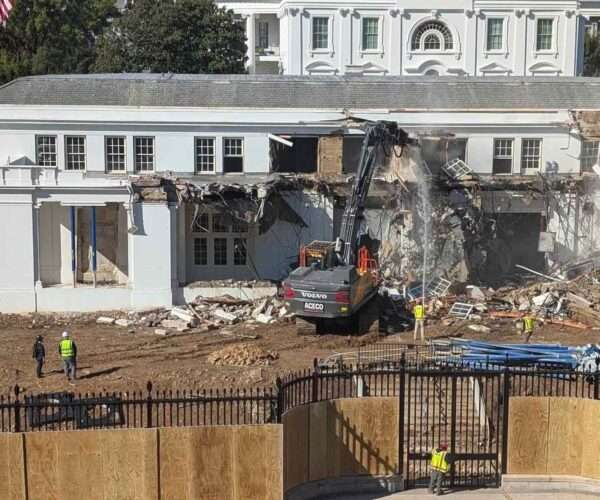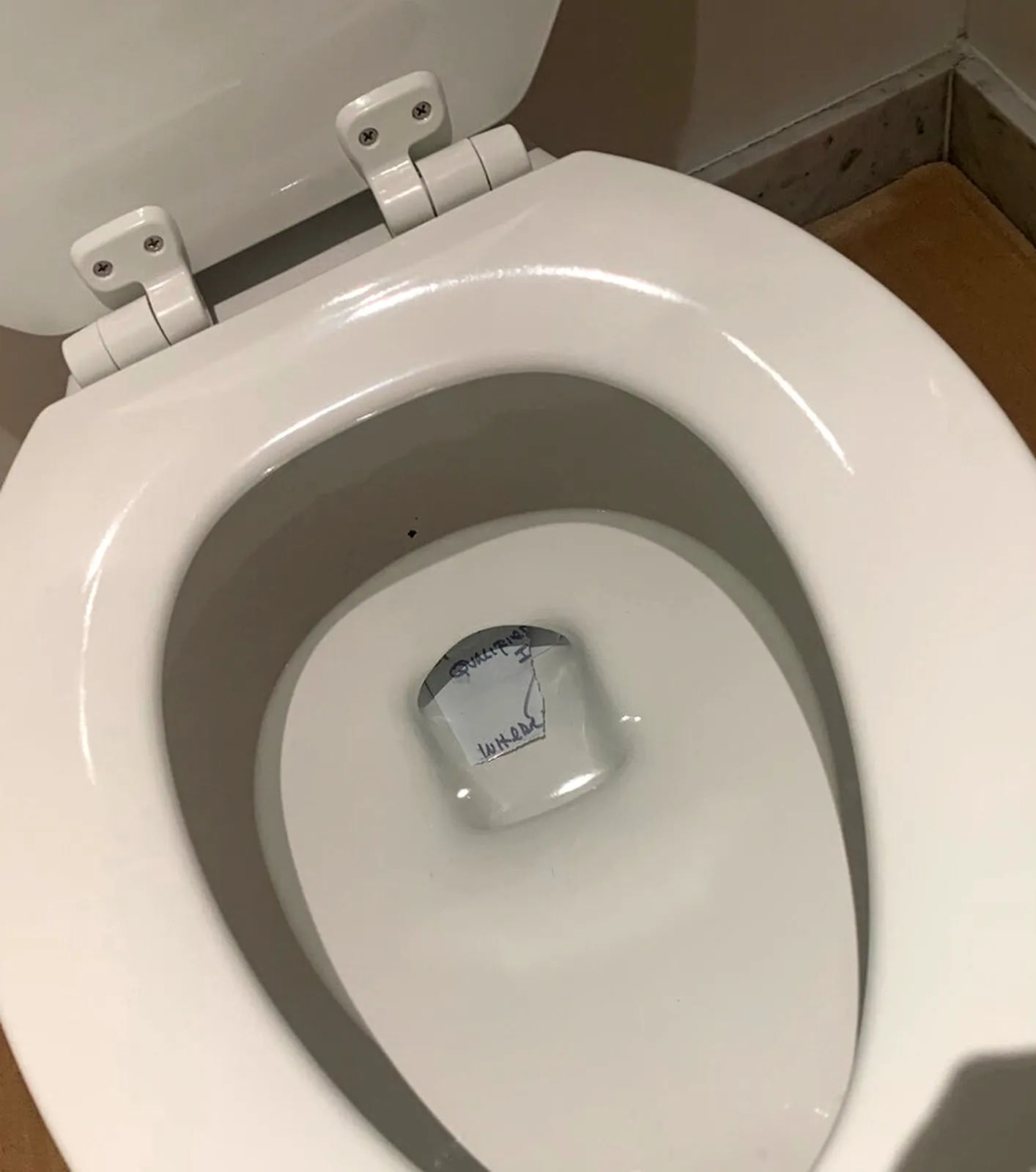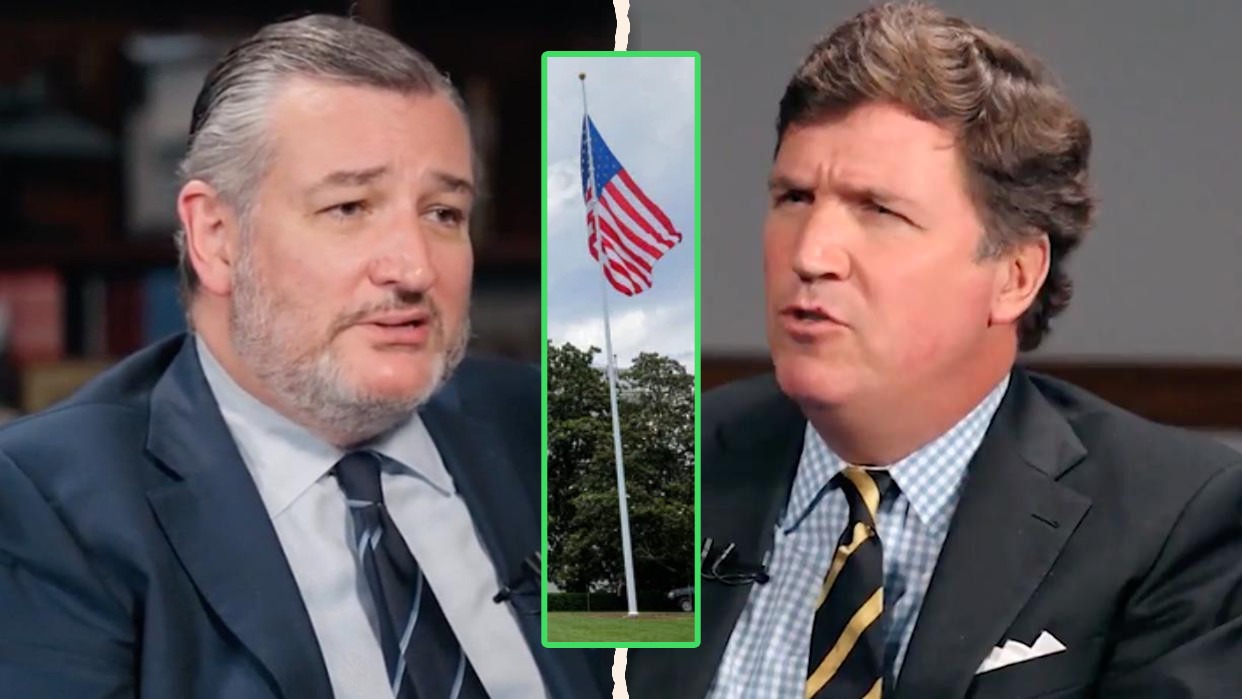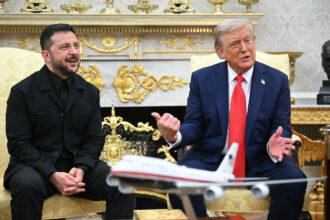NEED TO KNOW
- Hegseth unveils Pentagon rules that treat reporters like middle-school kids
- Unescorted hallway walking now classified as “threat activity”
- Only food court remains semi-Free Press zone
The Pentagon rolled out a new press policy this week that looks more like a substitute teacher’s classroom rules than national defense procedure. Defense Secretary Pete Hegseth announced that reporters must wear bright badges, state their purpose, and stop roaming the building without supervision. Anyone who refuses will lose access, a change he described as “safety management” while critics called it censorship with hall passes.
From Embedded to Escorted
For decades, Pentagon reporters moved freely through unclassified areas. That freedom is now over. Journalists will only reach approved spaces if escorted by staff. Hegseth insisted the policy protects sensitive information that might otherwise be overheard near printers or elevators. He framed it as “common sense” while press advocates saw it as a warning sign. They argued that restricting movements undermines both accountability and real-time reporting during critical events.
Lines Drawn in the Food Court
The Pentagon Press Association condemned the new rules, saying they reduce journalism to guided tours. Reporters may still visit the building, but only with escorts or official sponsors. The policy also bans “unprofessional conduct,” a vague phrase that could apply to sharp questions or visible frustration during briefings. Critics said the real goal is to shrink the press into a controlled spectacle. Meanwhile, insiders joked the only unregulated zone left is the food court, which now serves as the last bastion of semi-free speech in the building.
Officials defended the memo, claiming it aligns with practices at other bases. Still, many pointed to the irony of the Pentagon, famous for secrecy, now forcing reporters to announce their presence with neon badges. The press corps compared the mood to a high school hallway: lines taped on the floor, teachers at the door, and a principal eager to suspend anyone who talks out of turn. As one retired correspondent noted, the crackdown looks less about security and more about optics, and the lesson for journalists is simple. Obey, or step outside and shout your questions at the walls.













